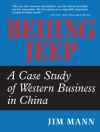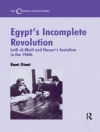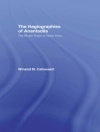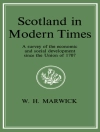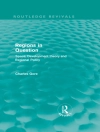The relationship between science and civil society is essential to our understanding of cultural change during the Victorian era. Science was frequently packaged as an appropriate form of civic culture, inculcating virtues necessary for civic progress. In turn, civic culture was presented as an appropriate context for enabling and supporting scientific progress. Finnegan's study looks at the shifting nature of this process during the nineteenth century, using Scotland as the focus for his argument. Considerations of class, religion and gender are explored, illuminating changing social identities as public interest in science was allowed—even encouraged—beyond the environs of universities and elite metropolitan societies.
Sobre o autor
<b>Diarmid A. Finnegan </b>is senior lecturer in human geography at Queen’s University, Belfast. He is the author of <i>Natural History Societies and Civic Culture in Victorian Scotland</i> and coeditor of <i>Spaces of Global Knowledge: Exhibition, Encounter and Exchange in an Age of Empire</i> and <i>The Correspondence of John Tyndall</i>, volume 7. His current research centers on the history of science and religion in the nineteenth and early twentieth centuries.<b></b>




